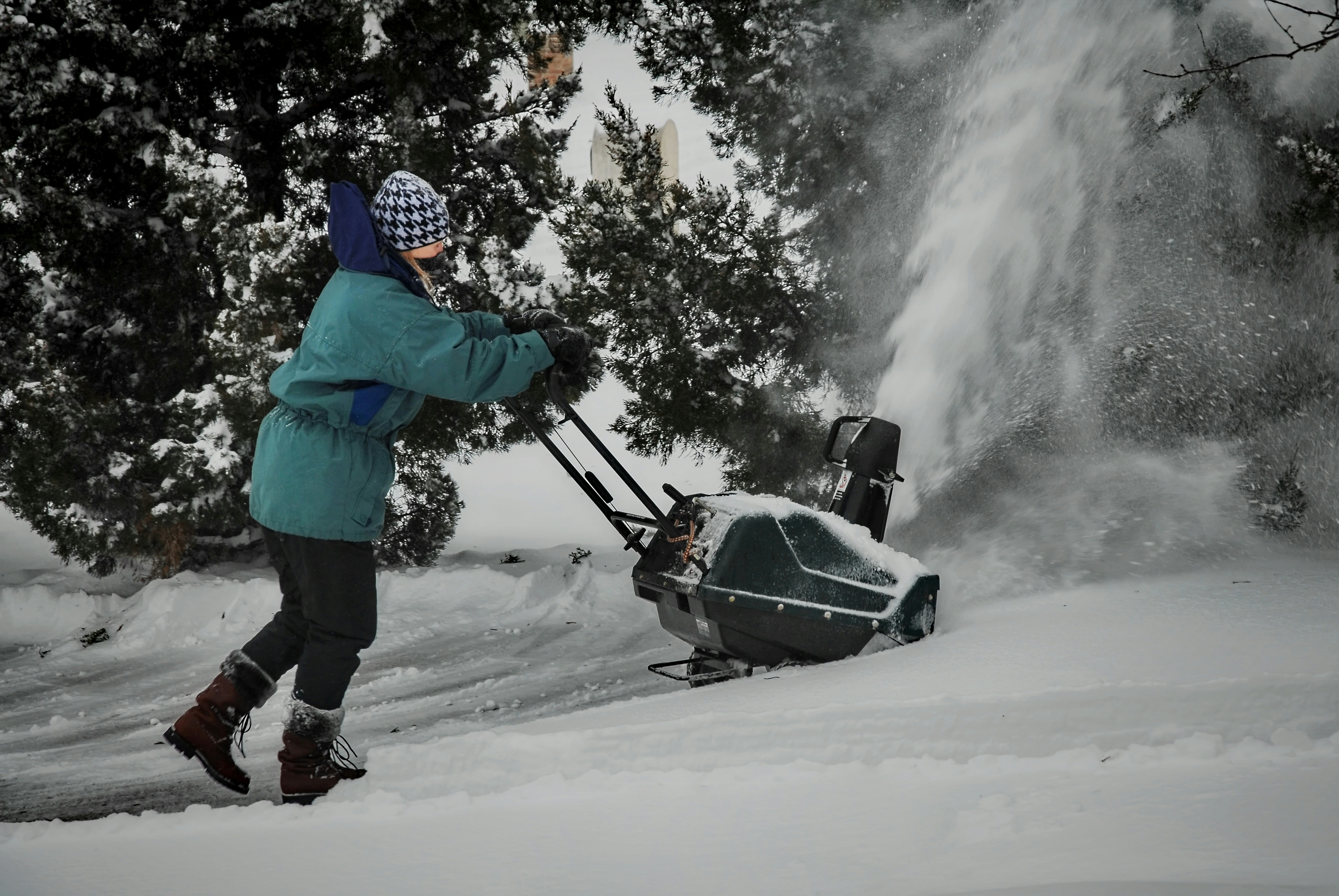For buyers and sellers alike, navigating the intricacies of winter home inspections requires careful planning and consideration. From weather-related challenges to unique seasonal issues, here’s how to ensure a smooth home inspection process this winter.
Schedule Early and Plan Ahead
Winter weather can be unpredictable, causing delays and complications for home inspections. To mitigate potential setbacks, schedule inspections well in advance and communicate effectively with all parties involved. Flexibility is key, so be prepared to reschedule if inclement weather poses safety concerns.
Prepare the Property
Before the inspection, sellers should take steps to ensure the property is accessible and safe for inspection, especially in winter conditions. Clear snow and ice from walkways, driveways, and outdoor areas to provide easy access for inspectors. Additionally, ensure that heating systems, utilities, and any relevant outdoor features are in working order and accessible for inspection.
Address Seasonal Concerns
Winter brings its own set of challenges that may affect the home inspection process. Inspectors will pay close attention to issues such as insulation, heating systems, and potential weather-related damage. Sellers should proactively address any known issues and be prepared to provide documentation of recent maintenance or repairs.
Be Mindful of Safety
Safety should always be a top priority during home inspections, especially in winter. Buyers and sellers should work together to ensure that inspection areas are free from hazards such as icy patches, slippery surfaces, and snow accumulation. Take precautions to protect both inspectors and anyone present during the inspection.
Focus on Interior Details
While exterior inspections are essential, winter inspections often place greater emphasis on interior details due to limited outdoor accessibility. Inspectors will pay close attention to factors such as insulation, heating efficiency, window seals, and potential moisture issues. Buyers should carefully review inspection reports and consider how seasonal factors may impact the property’s overall condition.
Consider Additional Inspections
In winter, certain aspects of a property may be more challenging to assess during a standard home inspection. Consider scheduling additional inspections, such as roof inspections, chimney inspections, or HVAC system assessments, to thoroughly evaluate the property’s condition and identify any potential issues.
Plan for Follow-Up Inspections
If weather conditions or other factors prevent a thorough inspection, be prepared to schedule follow-up inspections as needed. Work closely with your real estate agent and inspector to address any outstanding concerns and ensure that all aspects of the property are thoroughly evaluated before proceeding with the transaction.
Stay Informed and Communicate Effectively
Throughout the inspection process, stay informed and communicate openly with all parties involved. Keep lines of communication open with your real estate agent, inspector, and any other relevant parties to address any concerns or questions that arise. By staying proactive and informed, you can navigate the home inspection process with confidence, even in the midst of winter weather challenges.
In conclusion, navigating home inspections in winter requires careful planning, preparation, and communication. By taking proactive steps to address seasonal concerns, prioritize safety, and stay informed throughout the process, buyers and sellers can ensure a smooth and successful inspection experience, setting the stage for a seamless real estate transaction, regardless of the weather outside.


